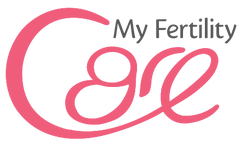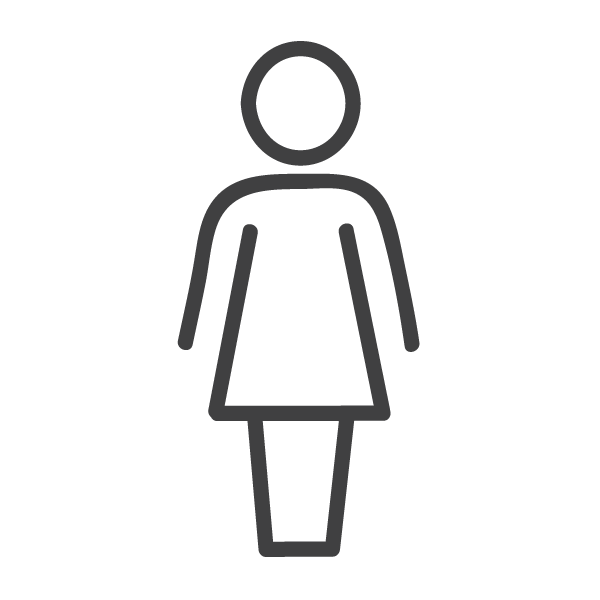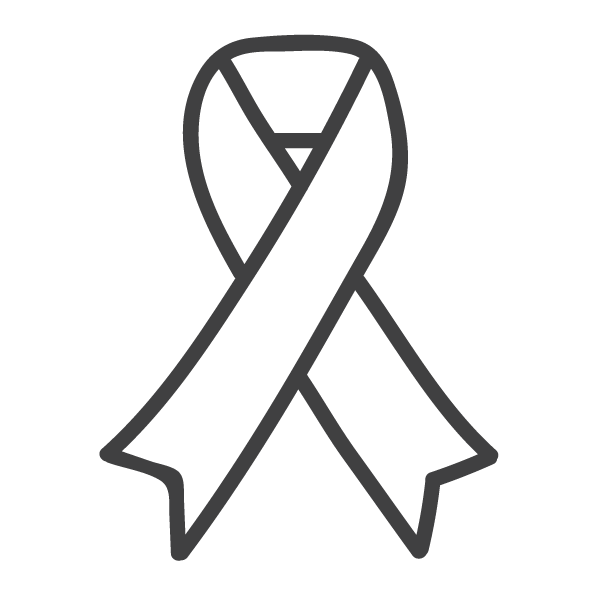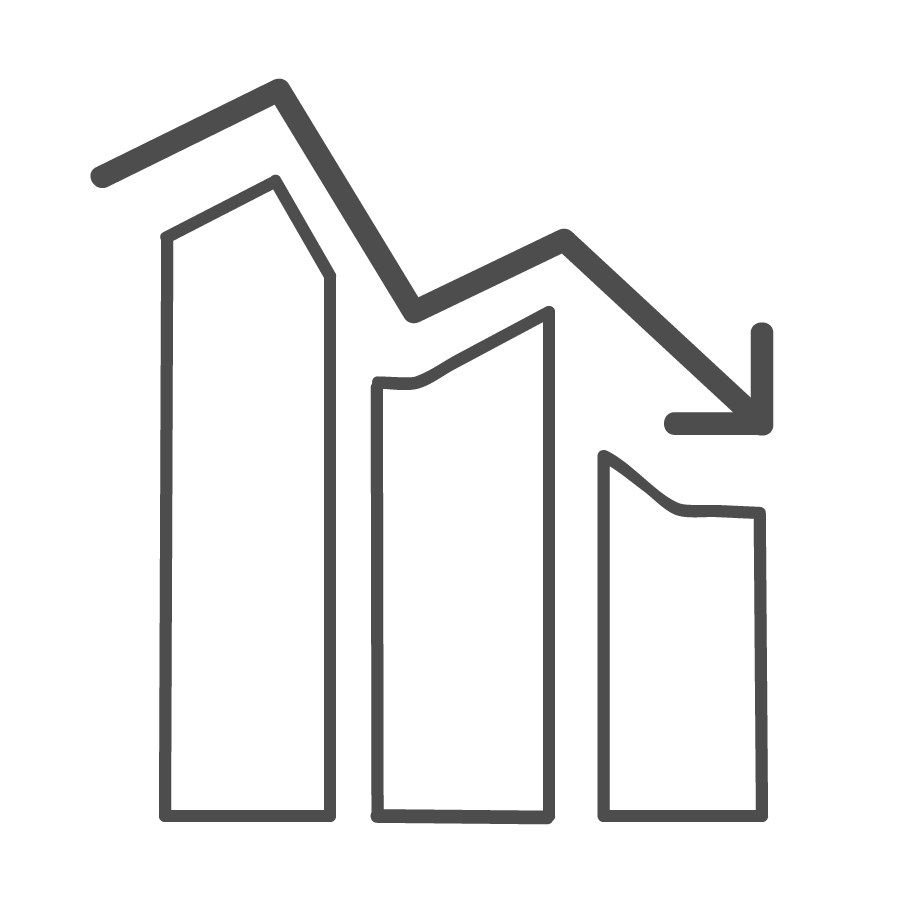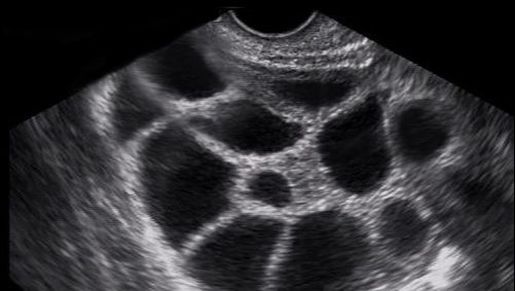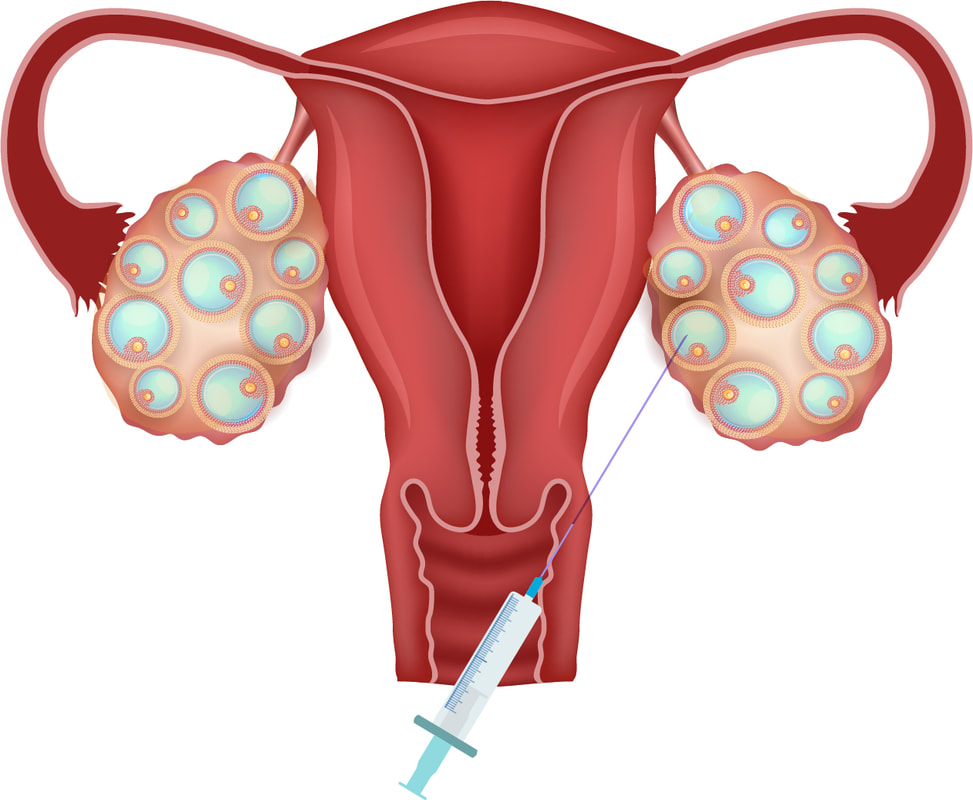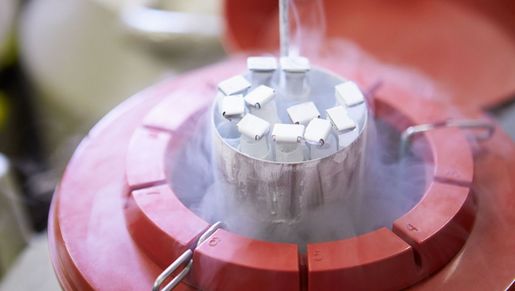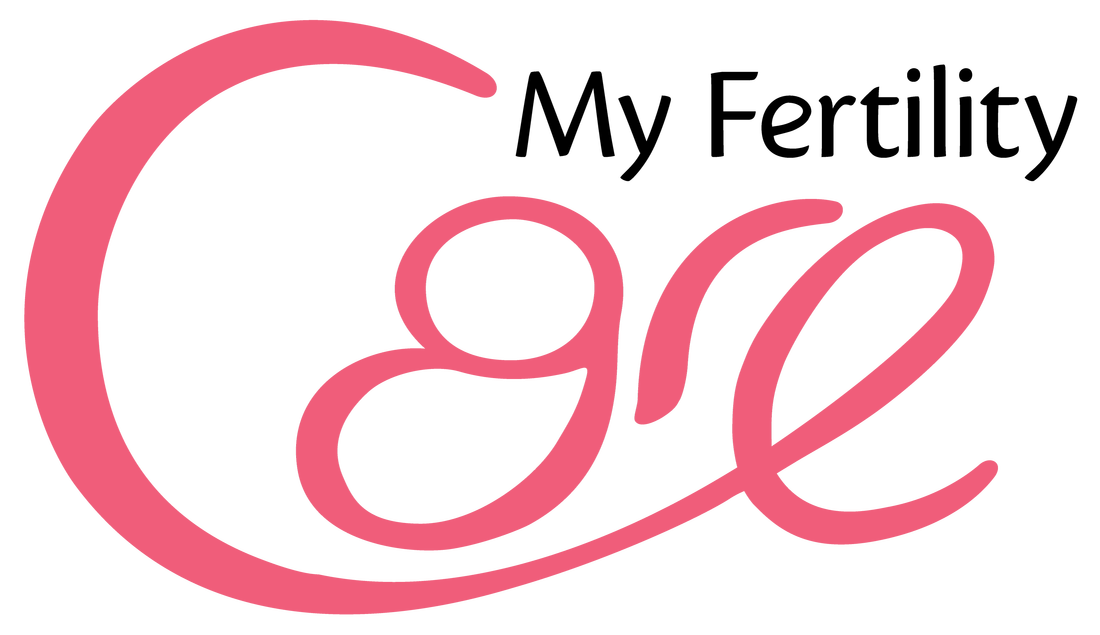Egg freezing
Preserving what's precious to you
Why freeze my eggs? |
Life oftentimes does not play out as planned.
If you’re fast approaching mid 30's, single, facing cancer treatment or not in a position to conceive in the near future, this page is written with you in mind. You may have been presented with confronting facts and data about your fertility at some point, causing anxiety that your reproductive years is slipping through your fingers. Understandably the emotional strain is unsettling when having a family is of importance to you; yet parenthood seems to be out of reach. My Fertility Care strongly believes in equipping women to make well-informed choices with sound medical advice within a secure environment without prejudice. Together we strive to expand your available options to protect that which is finite and precious to you. |
What do I need to know? |
|
Indications
Process
The first step is to find out your egg reserves through a simple blood test and pelvic ultrasound. Knowing your egg count helps tailor your stimulation protocol and facilitate discussion about the potential number of eggs you may retrieve if you have treatment.
|
|
Using your eggs in the future
|
|
|
